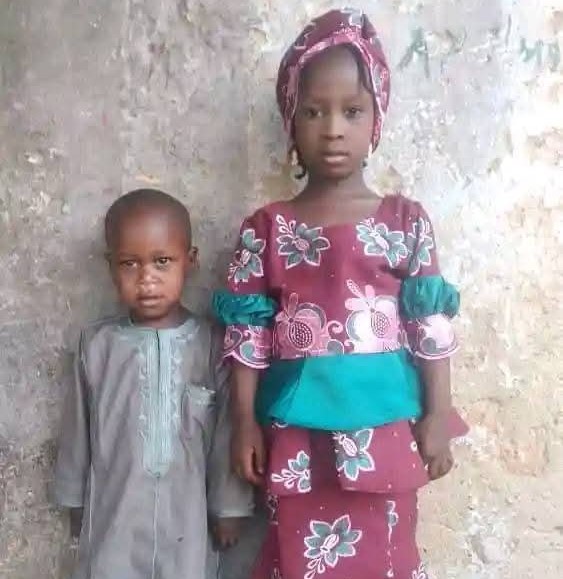A renewed outbreak of diphtheria has struck the Tukur-Tukur community in Zaria, Kaduna State, claiming the lives of two children within 48 hours and raising alarm among residents and public health advocates.
The victims reportedly showed symptoms consistent with diphtheria, including sore throat, fever, swollen lymph nodes, and extreme fatigue—signs that mirror a similar outbreak in the same community just months ago, which resulted in four fatalities.
Diphtheria, a bacterial infection that affects the throat and nose, is highly contagious and can lead to serious complications such as respiratory failure and heart damage. Though once common, its prevalence was drastically reduced through vaccination programs implemented globally in the mid-20th century.
However, the reemergence of the disease in Tukur-Tukur has triggered urgent calls for action. Community leader and Northern Elders Forum director, Abdul-Azeez Suleiman, described the situation as a “grave public health concern” and urged health authorities to launch a swift and coordinated response.
“The tragic loss of young lives in such a short period underscores the urgent need for immediate intervention,” Suleiman said. “This is a wake-up call for improved vaccination coverage and stronger public health infrastructure.”
The community previously received support from the World Health Organization (WHO) and UNICEF during the last outbreak. Suleiman has now called for renewed collaboration between local health officials, international partners, and community leaders to contain the latest resurgence.
Public health experts warn that recurring outbreaks often highlight deeper systemic issues, including poor healthcare access, vaccine hesitancy, and gaps in community education. Suleiman emphasized the importance of parental cooperation, urging caregivers to recognize the importance of childhood immunizations and seek prompt medical attention when symptoms arise.
“The fight against diphtheria is not just medical—it’s a collective responsibility,” he said.
The Kaduna State Ministry of Health is yet to officially comment on the latest outbreak. Meanwhile, residents are calling for increased deployment of healthcare workers, vaccination drives, and public awareness campaigns to prevent further spread.
Local advocates also stressed the need for long-term investments in healthcare systems, particularly in underserved areas. They argue that adequate training for healthcare workers, effective disease surveillance, and well-equipped treatment facilities are essential for managing current and future outbreaks.
As Zaria confronts this public health threat, community members and leaders alike are rallying around the urgent need for education, preparedness, and decisive action.


